From Verstappen’s behaviour to shameless sportswashing: why I won’t be watching F1 this season
This article contains affiliate links. We may earn a small commission on items purchased through this article, but that does not affect our editorial judgement.
and live on Freeview channel 276
Formula 1 is set to return for a new season this weekend and there’s a great deal of hype around it.
Last year’s dramatic finale, which saw Max Verstappen snatch the World Championship away from Lewis Hamilton on the last lap of the season, has generated great interest.
Advertisement
Hide AdAdvertisement
Hide AdEqually, the Netflix docuseries ‘Drive to Survive’ has brought the sport to a wider audience.
And the biggest rule changes F1 has seen in decades promise closer, more absorbing races.
I should be excited, but I’m not.
In fact, I won’t be tuning into F1 at all this season.
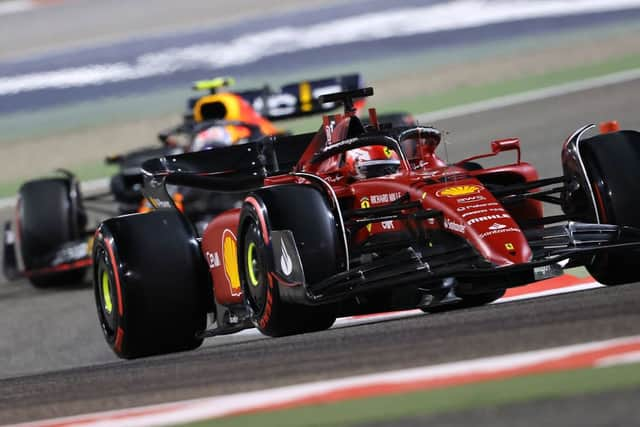

For most of my 28 years on earth, Sundays have revolved around when F1 is on TV.
Everything about it, from the heart-stopping overtakes to the intrigue around the eccentric, gung-ho personalities of the drivers, has gripped me.
It’s also been part of the bond I share with my Dad.
Advertisement
Hide AdAdvertisement
Hide AdWhile the pricey tickets meant we didn’t make it to a race until the 2019 British Grand Prix - a memory I’ll treasure forever - we often get up ludicrously early at weekends to travel across the UK to see classic car races that often feature old F1 cars.
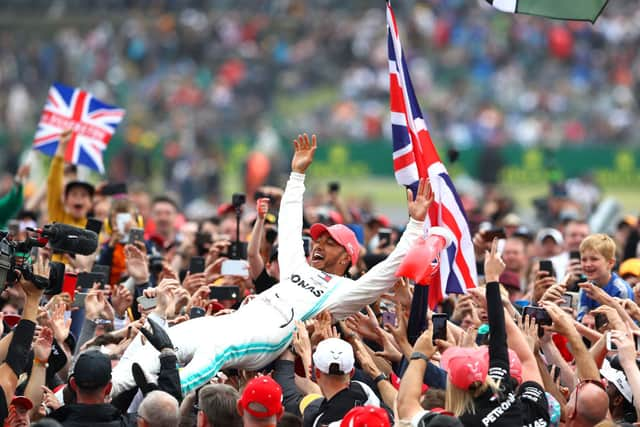

My F1 obsession reached a crescendo in 2021 when Red Bull became the first team for eight seasons to develop a car that matched the dominant Mercedes.
The on-track action quickly became feisty and entertaining between the teams’ principal drivers Verstappen and Hamilton.
However, it became clear early on that sportspersonlike behaviour had left F1.
Advertisement
Hide AdAdvertisement
Hide AdCrashes are an inevitable part of motorsport and the tightrope drivers walk during overtaking is part of the excitement.
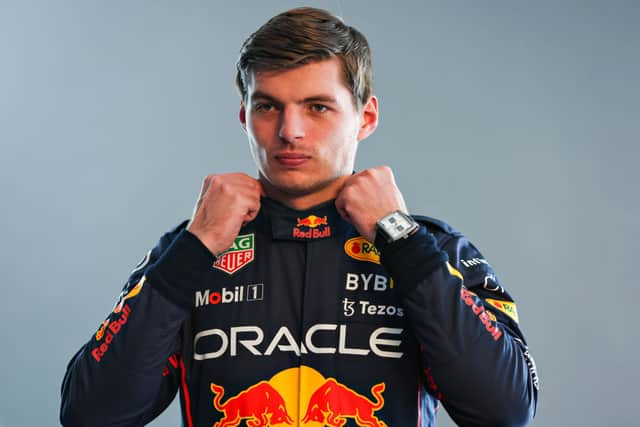

Verstappen - a hugely talented individual - frequently overstepped this mark.
I’ve never before seen a racing driver threaten his competitors with crashes as frequently as Verstappen.
Even notorious drivers like Michael Schumacher and Ayrton Senna only turned to such tactics a handful of times in their careers.
Advertisement
Hide AdAdvertisement
Hide AdBy using his car as a battering ram in overtakes, relying on everyone else to avoid contact, Verstappen removed all chance of fun, fair wheel-to-wheel action.
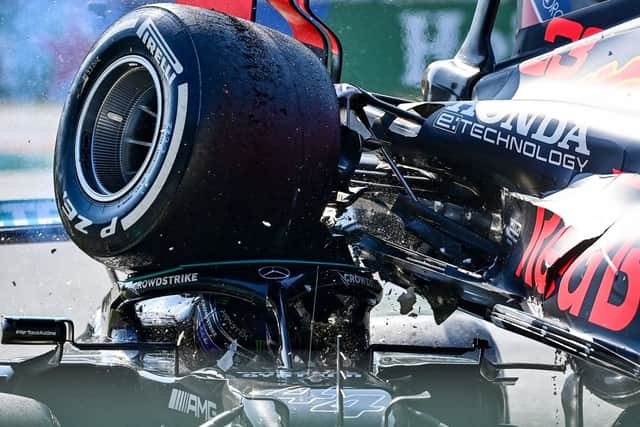

This reached its nadir at the Italian Grand Prix when he caused a crash that led to his rear wheel hitting Hamilton’s head - something that would have killed him had protective halos not been introduced in 2018.
Verstappen did not even check if Hamilton was ok afterwards.
He also seemed to spend an inordinate amount of time swearing at other drivers and his team over the radio.
Advertisement
Hide AdAdvertisement
Hide AdIt seemed to me as if no one was calling out this dangerous, unpleasant behaviour.
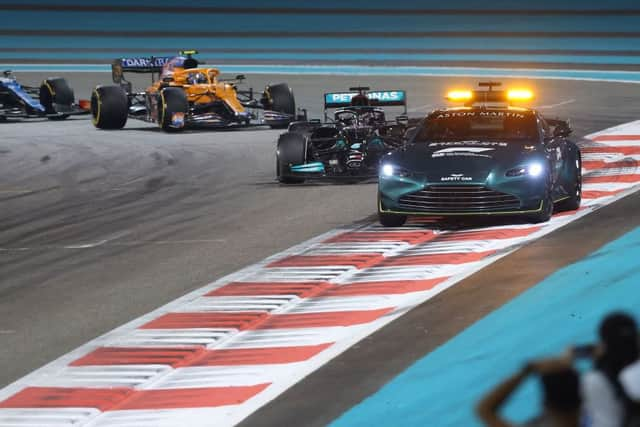

And then came the Abu Dhabi Grand Prix. You probably know what happened next.
Lewis Hamilton was cruising to a victory that would secure an historic eighth world title when a late crash spawned a safety car period.
If the rules had been followed correctly, Hamilton would have won.
Advertisement
Hide AdAdvertisement
Hide AdBut after being hounded by both Mercedes and Red Bull, race director Michael Masi broke the rules of the sport that it’s his job to enforce, ensuring what has been labelled by some as a ‘for Netflix’ ending.
Again, while everyone - barring Red Bull and Verstappen - have acknowledged this was wrong, F1 and its commentariat seems content to herald the 2021 season as a success.
The FIA has made changes to F1 race refereeing, but Abu Dhabi - and the lack of condemnation for Verstappen’s unfair driving - has completely eroded my trust.
Perhaps everything that happened last year is good for the health of the sport.
Until now, F1 has been very much an anorak’s pursuit.
Advertisement
Hide AdAdvertisement
Hide AdI’m hearing from many unexpected people that they will be tuning in this season because of the Verstappen/Hamilton battle and/or Netflix.
I would have been really excited to share my passion with these new fans.
But for me, F1 has become hollow.
And we haven’t even got to the other thing that has put me off: F1’s willingness to stage races in countries with dodgy human rights records.
F1 denies that it turns a blind eye to dictatorships and the vile activities of some countries.
Advertisement
Hide AdAdvertisement
Hide Ad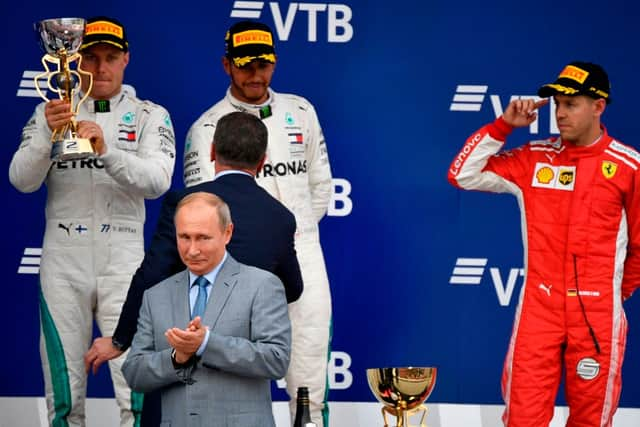

Yet it’s happy to receive money from regimes like this weekend’s host - Bahrain.
The Gulf state is described by Human Rights Watch and Amnesty International as repressive, with unfair trials of protestors and government critics the norm.
Such races already didn’t sit well with me. But in light of the situation in Ukraine, I believe they should no longer be allowed to happen.
While F1 has rightly cancelled its race in Russia and condemned President Vladimir Putin’s invasion, it was perfectly happy to let Russia host its first Grand Prix mere months after it had annexed Crimea in 2014.
Advertisement
Hide AdAdvertisement
Hide AdPutin even presented the drivers with their trophies in 2017 - egregious sportswashing in my book.
I don’t yet know what I’ll get up to this Sunday, but I know what I won’t be doing: watching F1.
A message from the editor:
Thank you for reading. NationalWorld is a new national news brand, produced by a team of journalists, editors, video producers and designers who live and work across the UK. Find out more about who’s who in the team, and our editorial values. We want to start a community among our readers, so please follow us on Facebook, Twitter and Instagram, and keep the conversation going. You can also sign up to our email newsletters and get a curated selection of our best reads to your inbox every day.
Comment Guidelines
National World encourages reader discussion on our stories. User feedback, insights and back-and-forth exchanges add a rich layer of context to reporting. Please review our Community Guidelines before commenting.
